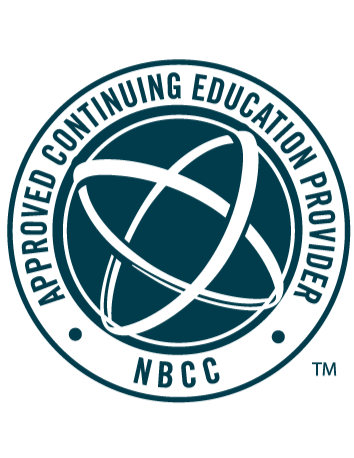Arkansas Association for the Treatment and Prevention of Sexual Abuse (AR ATSA) has been approved by NBCC as an Approved Continuing Education Provider, ACEP No. 7910. Programs that do not qualify for NBCC credit are clearly identified. Arkansas Association for the Treatment and Prevention of Sexual Abuse (AR ATSA) is solely responsible for all aspects of the programs.
The training will be held at Wyndham Riverfront, Little Rock, AR.
2 Riverfront Place, North Little Rock, AR 72114 (501)-371-9000
A block of rooms has been reserved at a discounted rate when you reference the Arkansas Association for Treatment and Prevention of Sexual Abuse Conference.
The conference is presented in a hybrid format with an online option
Registrants who choose this option will receive a link for the training one week prior to the date.

